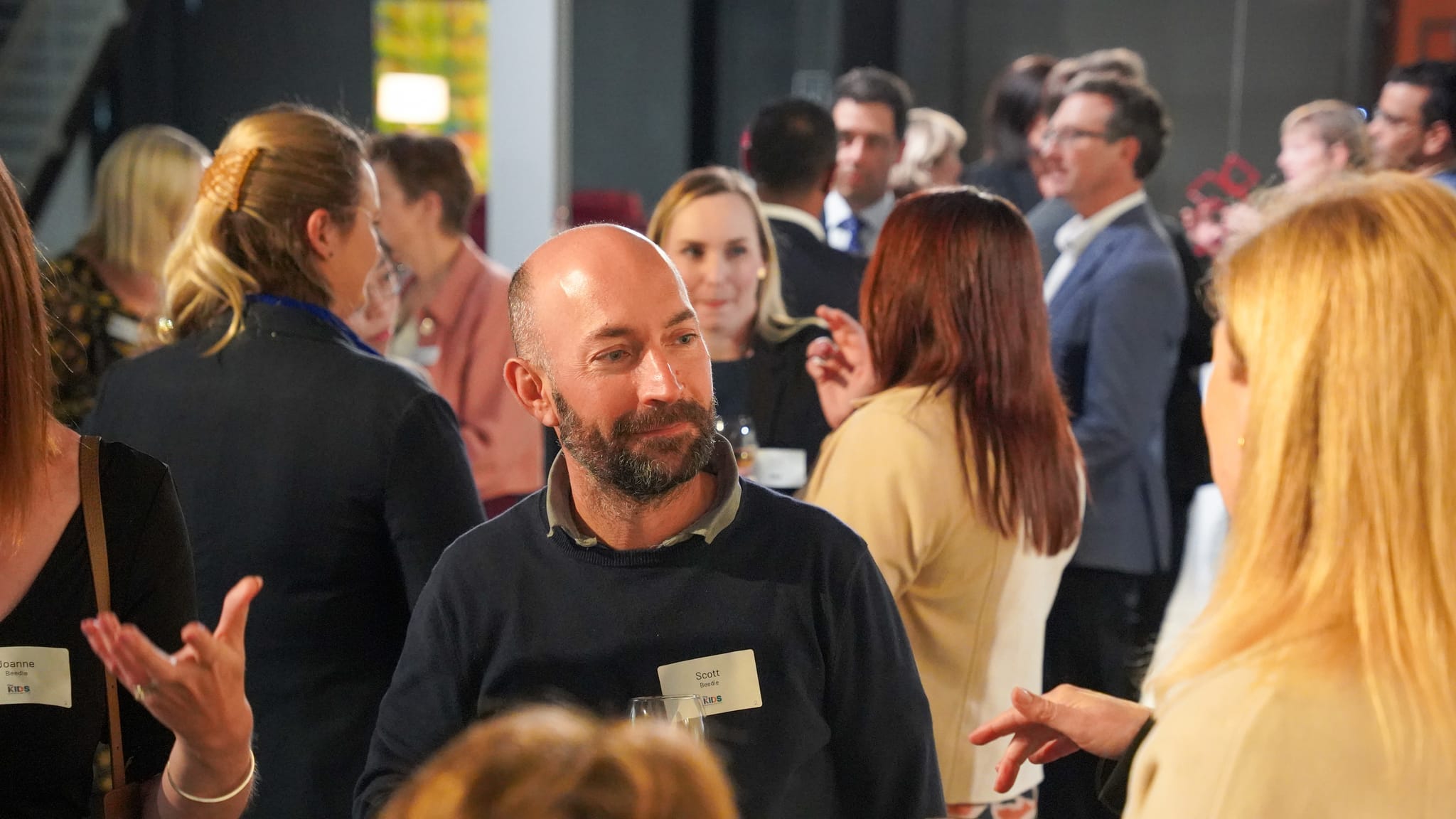Search

Metabolomic Biomarkers Predictive of Early Structural Lung Disease in Cystic Fibrosis. ABSTRACT Neutrophilic airway inflammation plays a role in

Oxidative stress and abnormal bioactive lipids in early cystic fibrosis lung disease. What did you find? We focused on lipid molecules which we know

Our team uses AI to quickly analyse large amounts of genetic data to help discover alternate medications and improve existing treatments.
Definitions of sexting vary but there is a general consensus that it involves ‘sexually explicit content communicated via text messages, smartphones, or visual and activities such as social networking sites’.
Parents and carers are often asking how to help manage screen time and especially avoiding 'techno tantrums' when asking children to stop using devices.
When you give to The Kids, you become a partner in our work. We couldn't do any of our research without the support of people and places like you.

Workplace Giving to The Kids Research Institute Australia is a fantastic way to engage staff and contribute towards ensuring all kids have a happy healthy childhood.

The Supporting Training of Aboriginal Researchers Staff program (STARS) is a diverse program with flexible awards to equip the next generation of Aboriginal leaders in our community.

Your presence connects brilliant minds with the support they need to fuel bold ideas.

Ever wondered just what your gift means to us? Here's a snapshot.
